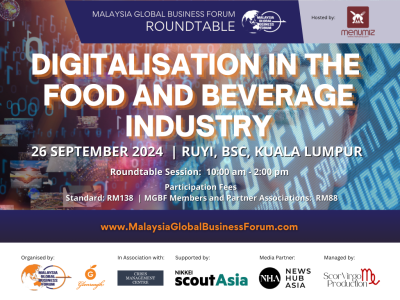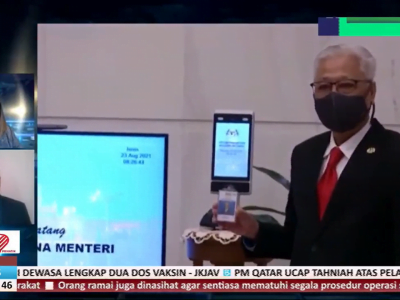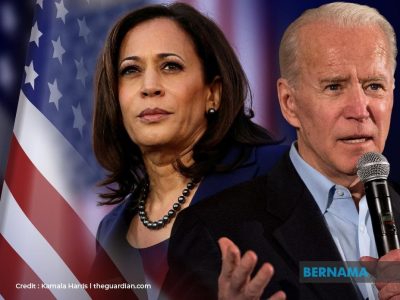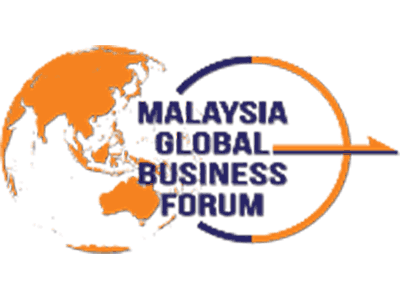What are the key industry sectors that American companies will be able to dominate in Malaysia? What unique strategies will be effective for American companies competing in South East Asia as China expands its economic influence? What are some of the simple mistakes that many companies make during the set up stage in a new market? How will the Trans Pacific Partnership Agreement (TPPA) change things?
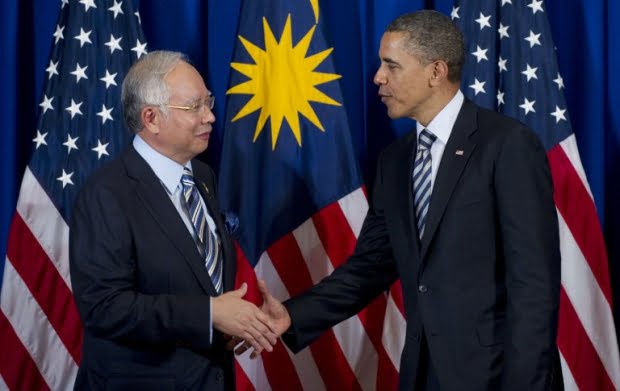 In April 2014 US President Barack Obama arrives in Malaysia – the first serving American leader to visit the predominantly-Muslim nation since 1966. Like Lyndon Johnson in the 1960s this created a lot of good will in many sectors, now there is need to convert that good will into business.
In April 2014 US President Barack Obama arrives in Malaysia – the first serving American leader to visit the predominantly-Muslim nation since 1966. Like Lyndon Johnson in the 1960s this created a lot of good will in many sectors, now there is need to convert that good will into business.
According to the latest data available U.S. foreign direct investment in Malaysia was USD15.0 billion in 2012 representing a 21.1% increase from 2011. While there is a broad representation in the economy manufacturing and mining sectors are the leading sectors in terms of investments into Malaysia.
Sales of services in Malaysia by majority U.S.-owned affiliates were USD7.3 billion in 2011 (latest data available), while sales of services in the United States by majority Malaysia-owned firms were just $243 million.
The US needs to understand Malaysia’s strategic vision and help with its implementation to continue to enjoy the considerable influence that it currently enjoys, the shifting economic focus of Malaysia as it strives to become a high income economy. The gravity of the Chinese business both in terms of investment and as a key market for Malaysian products and increasingly tourism sector.
It remains to be seen if the Trans Pacific Partnership will become a reality and will it be able to balance this growing trend. While much has been said that negosiations have concluded getting it past the US Congress and a host of parliaments is still work to be done. In October 2010, Malaysia joined the ongoing Trans-Pacific Partnership (TPP) negotiations. In addition to the United States and Malaysia, the TPP negotiating partners include Australia, Brunei, Canada, Chile, Mexico, New Zealand, Peru, and Singapore, and Vietnam. Starting with a group of like-minded countries, the goal is to expand the agreement to include countries across the Asia Pacific, which together represent more than half of global output and over 40 percent of world trade.
Kuala Lumpur is one of the most liveable cities in Asia, with many American food franchises have mushroomed in the many world class shopping malls in the capital. Education for expats a real concern, ISKL or the International School of Kuala Lumpur still remains the school of choice. One of the most established international schools in the country has traditionally been the school of choice for students from the United States of America, there is now a wide range of internationally certified international schools in the country that cater to different education systems and budgets.
Business Matching & C-Suite Services
The Malaysia Global Business Forum will continue to work with American companies and help them answer the difficult questions that come up during the various stages of the business life cycle as they expand into Malaysia, ASEAN and the wider Asian markets, for more information about BUSINESS MATCHING and C-SUITES SERVICES
Services
STAKEHOLDER ENGAGEMENT
BUSINESS INTELLIGENCE
GOVERNMENT RELATIONS
BUSINESS & BROADER MARKET ACCESS
Upcoming Events
‘A WORKING LUNCH WITH NORDIN’: NATIONWIDE TOUR WITH TOYOTA
MGBF Roundtable: Digitalisation of the Food and Beverage Industry
THE SOUTH CHINA SEA: A THREAT OF DISRUPTION FOR BUSINESS?
FOOD SECURITY IN THE BREACH: INDUSTRIALISATION AND WEAPONISATION
MGBF In The News
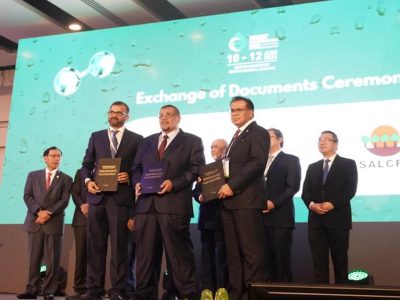
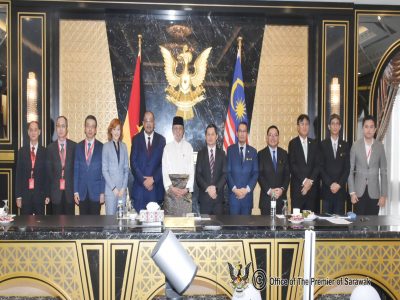

SPM and the Future of Data

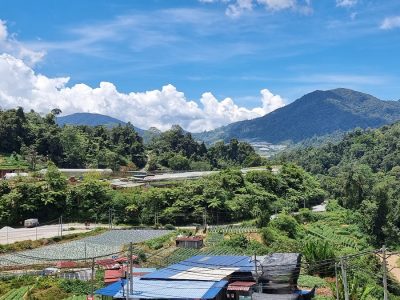



MGBF Roundtable to shape Malaysia’s future in the digital economy
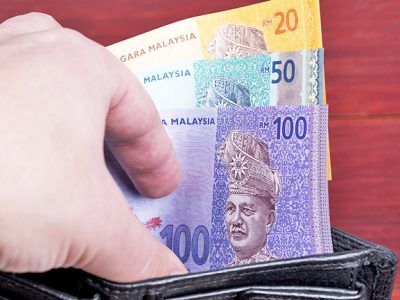
MGBF: Political stability to usher in new era for business

Death by a Thousand Algorithms

KSK Land recognised for investor attraction strategy
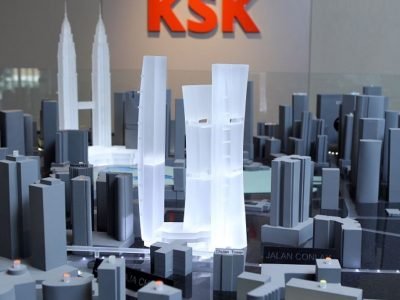
KSK Land set to drive further investment into Malaysia
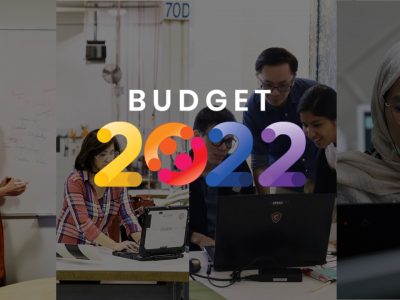
A Need for Strategic Calm
With Change Comes Opportunity


MALAYSIA GLOBAL BUSINESS FORUM TIES UP WITH SCOUTASIA








